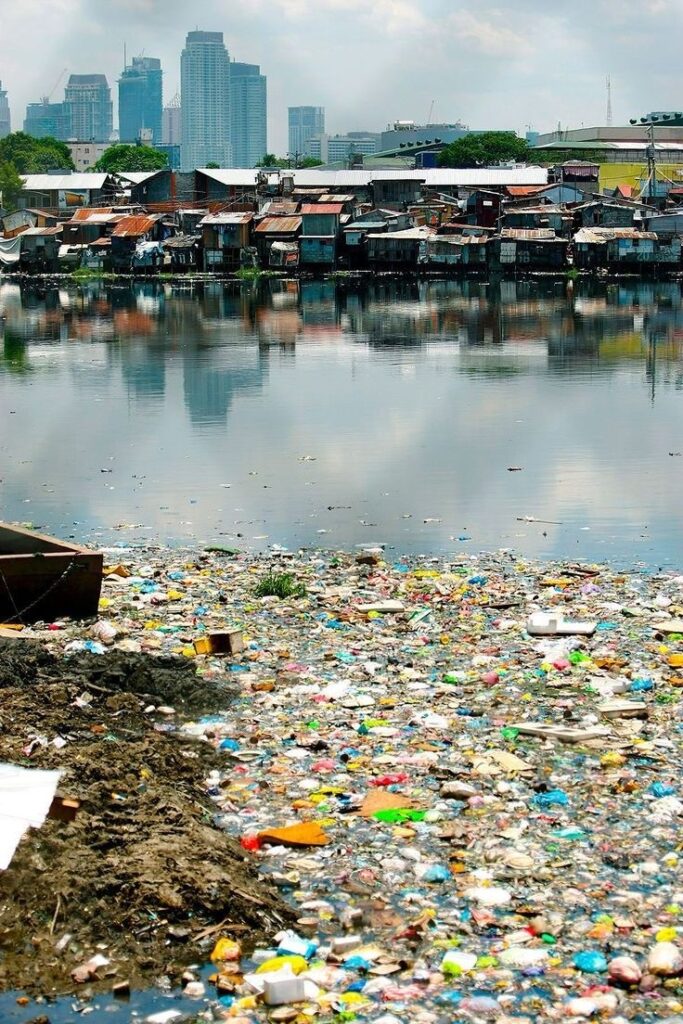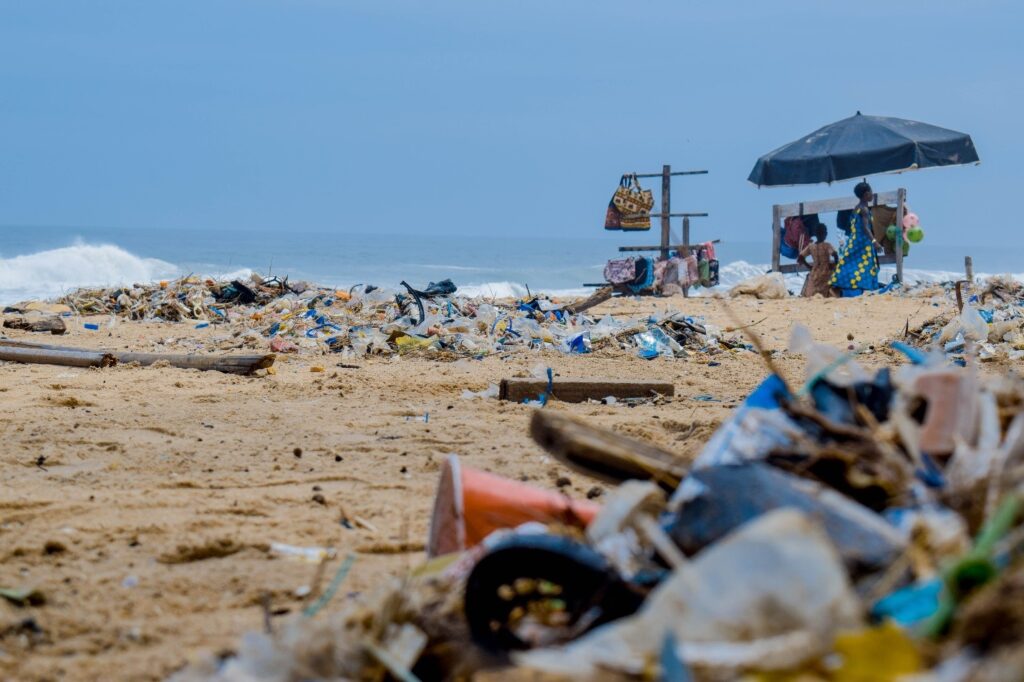A couple of days ago, Chicken Republic in Lagos State made a surprising announcement through a press release, urging residents across the state to bring their own reusable food containers when visiting the eatery. This unexpected move by Chicken Republic is a direct response to the recent pronouncement by the Lagos state government, which introduced a new regulation prohibiting the use and distribution of single-use plastics and styrofoam across the entire state.
On January 21, Commissioner Tokunbo Wahab, responsible for the Lagos Environment and Water Resources, announced that the Lagos State Government would immediately ban the use of single-use plastics. This daring decision was driven by the perceived environmental threat posed by these materials, with a focus on the negative impact of non-biodegradable styrofoam. Commissioner Wahab emphasised the importance of this move by noting the common problem of styrofoam obstructions in drainage systems, which is caused by the broad and indiscriminate distribution and use of these materials. This problem persists despite repeated attempts to clean and empty the drains.

The use of styrofoam containers for food delivery and distribution, which is a popular practice among street vendors and marketplaces in Lagos, has complicated the implementation of this restriction. Although many Nigerians applauded this ecologically conscientious action, questions were raised regarding its viability and possible consequences for manufacturers and traders that primarily rely on styrofoam. This has led to a more extensive discussion on the viability of substitute materials and the requirement for a thorough plan to assist individuals impacted by the change. Commissioner Wahab’s announcement not only signals the government’s commitment to addressing environmental challenges but also highlights the importance of engaging various stakeholders in finding sustainable solutions to mitigate the impact of the ban on the local economy.
Also, the co-founder of Climate and Ecological Protection initiative Folawemi Umunna said that upon correct implementation of the program things will turn our very effective.
“This is wonderful news for the environment on different levels and if this is effectively executed, capable of reducing a substantial amount of CO2 emission in tonnes in the Lagos state perimeters” she said.
Single-use plastics, also referred to as takeaway plastics, are plastic containers designed to be used just once or for a brief period of time before being recycled or disposed of. They are largely created from chemicals derived from fossil fuels (petrochemicals). Single-use plastics are a glaring example of the problems with throwaway culture. Our preference for convenience frequently overrides durability and long-term effects when purchasing durable products. Our continued reliance on plastic merely means that we are producing waste at a staggering pace.
‘’Our state cannot be held hostage to the economic interest of the wealthy business owners compared to the millions of lagosians suffering the consequences of the indiscriminate dumping of the single use plastics and other types of waste” Wahab said, as Business day reported.

Recall that in order to improve waste management, the commissioner urged Private Sector Participation (PSP) waste companies to digitise their business practices. Wahab stated that increased operational transparency will result from digitization. He emphasised that the time had come for PSP operators to create an online platform where GPS receivers installed in their vehicles for precise positioning and recommended the operators to put in place comprehensive data collection and enumeration of all commercial and private facilities being serviced.
Lagos, positioned amidst lagoons and the Atlantic Ocean, faces numerous climate-related challenges due to high population density and susceptibility to flooding in several areas. According to the UNEP, a daily influx of plastic waste equivalent to two garbage trucks is disposed into lakes, rivers, and seas. Annually, an estimated 19–23 million tonnes of plastic enter global river ecosystems. Additionally, efforts to ban plastic have been initiated in various African countries, including Kenya and Uganda.
Taking decisive action against single-use plastics is crucial for a sustainable Nigeria.It’s time to adopt eco-friendly behaviors and advocate for impactful laws to reduce plastic waste. Start by adopting mindful decisions in your day-to-day activities, such as using reusable bottles, containers, and bags. Promote eco-friendly packaging in local firms to help push the industry towards sustainability.
Sources
- https://www.thecable.ng/just-in-lagos-bans-single-use-plastics-styrofoam/amp
- https://www.africanews.com/amp/2024/01/23/nigeria-lagos-state-bans-single-use-plastics/
- https://www.nrdc.org/stories/single-use-plastics-101#why
- https://punchng.com/lagos-bans-use-of-styrofoam-single-use-plastics/?amp
- https://phys.org/news/2024-01-nigeria-polluted-economic-hub-lagos.amp
- https://www.ecowatch.com/single-use-plastics-styrofoam-ban-lagos-nigeria.html




